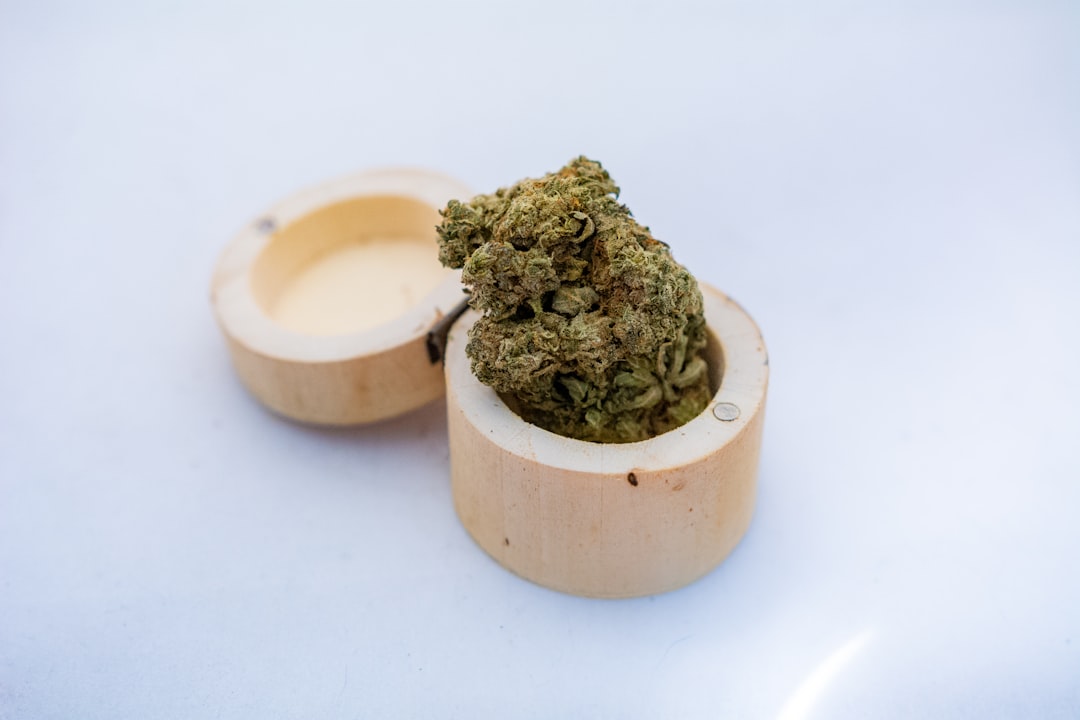Introduction
Welcome to our guide on managing and potentially reducing the effects of pinguecula, a common yet often misunderstood eye condition. Many people are affected by this yellowish, slightly raised patch on the white of the eye but are unaware of the natural remedies that can provide relief and promote eye health. Here, we’ll explore gentle, non-invasive treatment options that can help soothe the irritation and improve the appearance of pinguecula.
Understanding Pinguecula
 Image courtesy: Unsplash
Image courtesy: Unsplash
Definition and Causes
Pinguecula is a common eye condition where yellowish patches or bumps appear on the conjunctiva—the clear, thin covering over the white part of the eye. These patches are usually found on the side closest to the nose but can occur on either side of the iris. The primary cause of pinguecula is long-term exposure to UV radiation from the sun. Additional factors that might contribute to its development include frequent exposure to dust and wind, which may irritate the eye. People who spend considerable time outdoors without appropriate eye protection are at higher risk of developing a pinguecula.
Symptoms and Diagnosis
The symptoms of pinguecula include a noticeable change in the eye’s appearance, with a visible yellowish spot or bump. Many individuals may also experience dryness, redness, or irritation in the affected eye, particularly under windy or dry conditions. In some cases, the pinguecula might become inflamed—a condition known as pingueculitis—causing discomfort and a feeling of something being stuck in the eye.
To definitively diagnose a pinguecula, an eye doctor (ophthalmologist or optometrist) will conduct a thorough eye exam, possibly using a slit lamp microscope to examine the structures of the front of the eye in detail. Diagnosis is typically based on the appearance of the eye and patient history, including exposure to environmental conditions that could contribute to the condition.
Traditional Treatments for Pinguecula
Eye Drops
For managing the symptoms associated with pinguecula, especially when inflammation occurs, doctors often recommend lubricating eye drops or artificial tears. These can help alleviate the dryness and provide relief from the irritation. In cases where the pinguecula becomes significantly inflamed, your doctor might prescribe steroid eye drops to reduce the inflammation. It’s important to use these drops according to the prescription because overuse can lead to side effects, including increased intraocular pressure and the risk of developing cataracts.
If lubricating drops are insufficient, eye drops with vasoconstrictors may be recommended to lessen redness. However, these should be used sparingly as they might lead to rebound redness upon discontinuation and could potentially aggravate irritation over time.
Surgical Options
In situations where the pinguecula interferes with vision, contact lens wear, or causes considerable cosmetic concern, surgical removal may be considered. The procedure, known as pingueculectomy, involves the careful excision of the affected tissue from the conjunctiva. Following surgery, a conjunctival autograft—transplantation of a small piece of the patient’s own conjunctiva—or amniotic membrane may be placed in the area to promote healing while preventing recurrence.
Surgical intervention is typically a last resort due to potential risks such as scarring and recurrence of the pinguecula. It is also worth mentioning that surgery does not guarantee that the pinguecula will not return, especially if the patient continues to be exposed to the environmental factors that contributed to its initial development. Therefore, it is imperative for patients choosing this route to commit to preventive measures, such as wearing UV-blocking sunglasses and using appropriate eye protection in dusty or windy environments.
Natural Remedies for Pinguecula
Warm Herbal Compresses
A warm herbal compress can be a soothing home remedy for the discomfort caused by pinguecula. Herbs such as chamomile or calendula are known for their anti-inflammatory properties, which can help reduce irritation and redness in the eye. To prepare a compress, steep a tablespoon of the dried herbs in hot water for about 10 minutes. After the infusion cools slightly (it should be warm, but not hot enough to burn the skin), dip a clean cloth or cotton pad into the liquid, wring out the excess, and gently apply it to the closed eye for about 5 to 10 minutes. You can repeat this process several times a day, especially when you experience irritation.
Aloe Vera Gel
Aloe vera is renowned for its healing properties and can be particularly beneficial for treating eye conditions such as pinguecula. It acts as a natural anti-inflammatory agent, which helps soothe the eye and reduce swelling. For use, ensure you get pure aloe vera gel, preferably without any added colors or fragrances. Apply a small amount of the gel to the affected eye area twice daily. Be careful not to get it directly in your eyes, as this can cause irritation. Using aloe vera regularly can help alleviate symptoms associated with pinguecula.
Vitamin C Supplements
Vitamin C is crucial for maintaining healthy skin and connective tissues, including those in your eyes. It helps strengthen the immune system and has antioxidant properties, which may help reduce the inflammation associated with pinguecula. You can increase your intake of vitamin C by consuming more citrus fruits, berries, broccoli, and bell peppers, or by taking a dietary supplement. Supplements are available in various forms such as tablets, capsules, or even effervescent powders. However, it is advisable to consult with a healthcare provider before starting any new supplement regimen, to ensure it is appropriate for your individual health needs.
Lifestyle Changes to Improve Eye Health
 Image courtesy: Unsplash
Image courtesy: Unsplash
UV Protection
Protecting your eyes from ultraviolet (UV) light is crucial to prevent further damage or the worsening of pinguecula. Wear sunglasses that block 100% of UV rays whenever you are outdoors, regardless of whether it is sunny or cloudy. A hat with a wide brim can also offer additional protection. Choosing wrap-around sunglasses can provide the best shielding from UV rays coming from any direction. Consistent use of proper UV protection not only helps in managing existing pinguecula but also prevents new growths and other related eye conditions.
Proper Nutrition
What you eat plays a significant role in eye health. For those managing conditions like pinguecula, incorporating foods rich in omega-3 fatty acids, antioxidants, and vitamins can be beneficial. Omega-3 fatty acids, found in fish like salmon and mackerel, help maintain moisture levels in the eyes and reduce inflammation. Antioxidants such as lutein and zeaxanthin, present in leafy greens and eggs, protect the tissues from damage. Ensure your diet includes a variety of these nutrients to support eye health and potentially alleviate the symptoms of pinguecula.
Eye Exercises
Engaging in regular eye exercises may improve the symptoms of pinguecula by enhancing blood circulation and relaxng the eye muscles. Simple exercises include rolling your eyes in a circular motion, focusing on a distant object for a few seconds and then switching to a closer object, and palming, where you warm your hands by rubbing them together and then gently place them over your closed eyes without applying pressure. Practice these exercises several times a day, especially if you spend long periods staring at digital screens. This not only helps reduce eye strain but also supports overall eye health.
Conclusion
In tackling the discomfort and appearance of pinguecula, natural remedies offer a gentle yet effective approach. From maintaining diligent eye hygiene to choosing nutrient-rich diets and protective sunglasses, these methods not only aim to alleviate the symptoms of pinguecula but also enhance overall eye health. Remember, while these natural solutions are beneficial, consulting with an eye care professional is crucial in understanding and managing the condition accurately. Prioritize your eye health today, and enjoy the benefits for years to come.
